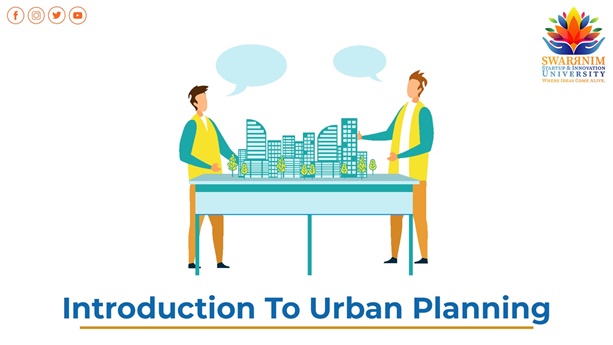
In order to understand urban planning which is a complex topic for most of us, we need to dig into the basics and have a clear understanding of what planning is.
There are so many kinds of plans, it can be hard to tell them apart. It gets even more confusing when engineers, architects, or politicians, not planners, are making some of those plans!
There is a specific professional field which is referred to as planning.
Planners can get professionally certified and earn a graduate degree in planning.
Professional planners spend their days writing and implementing plans which is a major part of their job,
The one thing common in all these varieties of planning is: preparing for the future.
Other professions do it too, but preparing for the future is the primary motivation of urban planners. How will people get around in the future? Where will people live and work in the future? How will all of the systems required to support those people—electrical grids, sewers, and the water supply—fit into the city? These are all questions that planners are working to answer, using tools and policies specific to the field of planning. There are many considerations raised by those questions again reintroduce the possibility of architects, engineers, and politicians doing some of the planning.
The complexity of planning for the future creates a need for a connecting bridge between different communities and related professional fields, and their fundamental intersectionality is one-way urban planners distinguish themselves from other professions.
Another of the most important roles for planners is engaging with the public. Planning for the future in today's complex world means addressing the hopes and ambitions of a diverse collection of humans—workers of all varieties, residents who live in all sorts of homes and in all kinds of household arrangements, and communities and cultures originating from all over the world.
Planners are the first to gather feedback from the public to inform a comprehensive vision for the future. The next step in the planning process is processing all that information and communicating a vision of the future for approval by a governing body--like a city council or a county board of supervisors.
The approval process can be intensely political, so planning is also fundamentally political. In many cities, planners will also manage the implementation of that approved vision by enforcing the legal tools of planning. There is a clear distinction between the process of planning for a city's future and the process of implementing that vision, but planners will be involved in both to ensure the city evolves as planned.
Big questions will determine the kinds of values embedded in contemporary plans—like how to address climate change and housing affordability; how to overcome a long history of racist and discriminatory regulatory practices; and how much planners should regulate the form of buildings, not just the use of land. The answers to those questions will shape the world of the mid- and long-term future.